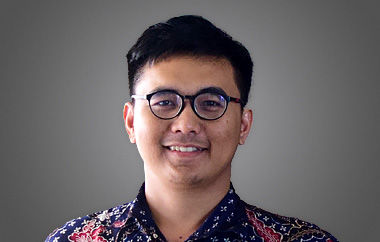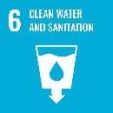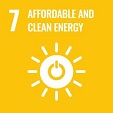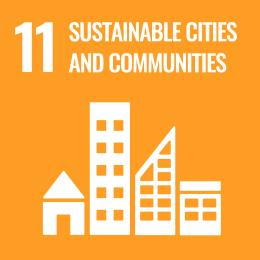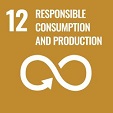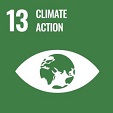PhD Student in Management and Organisational Science at Hungarian University of Agriculture and Life Sciences, Hungary
Current position: Assistant Professor of Environmental Health at Universitas Nahdlatul Ulama Surabaya, Indonesia
Research focus: integration of circular economy approach into municipal solid waste management
Edza is working to integrate a circular economy model into waste management. The idea is to achieve a smaller carbon footprint and greater sustainability. His research has shown that applying a circular economy approach to waste management presents a great opportunity for overcoming waste problems in developing countries. In developing countries, large amounts of waste are not controlled and cause health, aesthetic, and social problems and can even contaminate water sources. The amount of waste is also increasing due to the growing population and increasing consumption. The waste problem is urgent, especially in Indonesia where there is no structured waste management.
In 2020, Edza conducted research on the use of black soldier fly larvae to solve the organic waste problem in Indonesia. Organic waste is one of the problems that need to be solved in developing countries. He examined how effective the use of black soldier fly larvae is in decomposing organic waste by comparing different compositions and types of waste. In 2021, he and several colleagues studied the use of the Takakura method to compost organic waste. The Takakura method uses fermentative microorganisms and is a method that is very easy to apply in cities with limited space. These two studies are models for implementing the circular economy model and demonstrate that it can be applied even in densely populated developing countries.
Edza’s work is related to several UN Sustainable Development Goals (SDG): SDG 6 (Clean Water and Sanitation), SDG 11 (Sustainable Cities), SDG 12 (Responsible Consumption and Production), and SDG 13 (Climate Action).
Edza is also dedicated to promoting citizen science in Indonesia. In developing countries with a large population like Indonesia, human capital is the key to development. People's participation in sustainable development can help to promote this development. Sustainability research should also empower people in the community to be scientists themselves to help them articulate their knowledge and influence policy makers.
Edza’s research focuses on the integration of circular economy into waste management, especially in developing countries. This highly motivated scientist, wo has already received several scholarships, was selected by the jury as a Green Talent for his highly relevant work.
The research of Edza mainly contributes to the Sustainable Development Goals 6, 7, 11, 12, 13:
Take a look at this video that briefly introduces Edza and his research:





